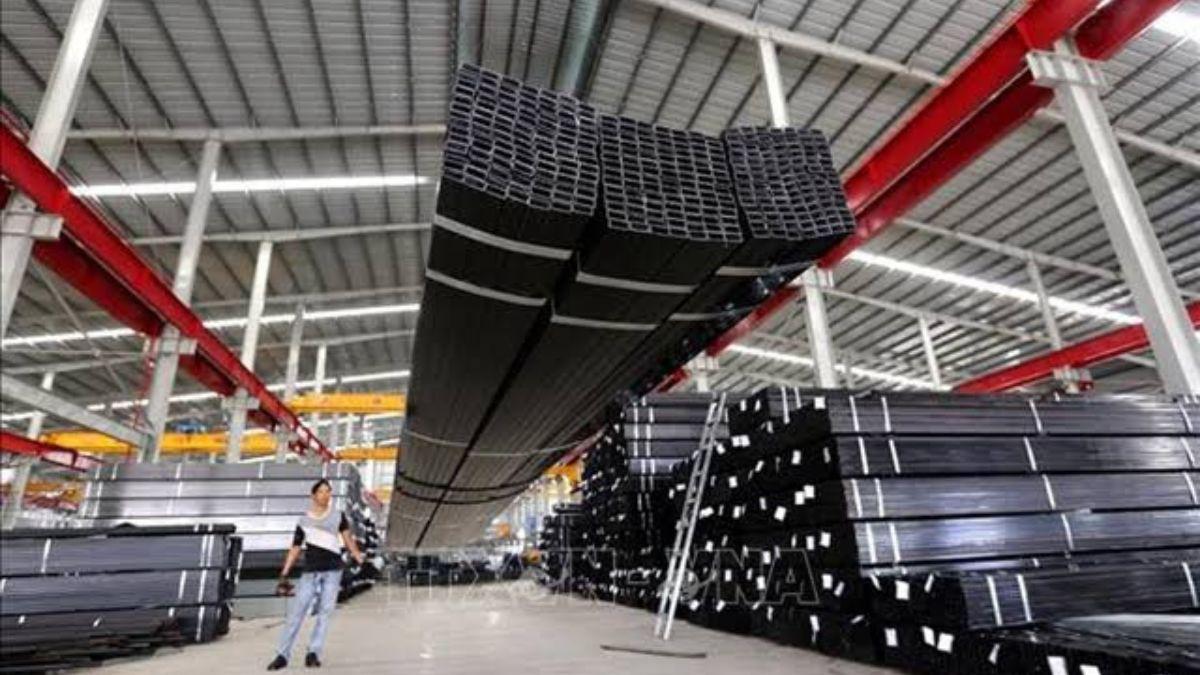Vietnamese businesses are facing an increasing number of trade defence lawsuits, prompting a call for enhanced capacity to effectively respond to these challenges. As export markets become more competitive, companies are advised not only to monitor ongoing legal actions but also to collaborate closely with relevant management agencies and utilize early warning tools.
The Ministry of Industry and Trade (MoIT) has emphasized the importance of promoting early warning systems for trade remedies affecting Vietnamese exports. Additionally, the ministry aims to provide ongoing support to firms involved in trade defence lawsuits abroad.
Experts assert that strengthening the capacity to respond is critical for Vietnamese manufacturers and exporters. Timely and proactive responses to these legal challenges are essential for safeguarding the interests of Vietnam’s export sector. Associate Professor Dr. Nguyễn Ngọc Hà, director of the Institute for Innovation Research at Foreign Trade University, noted that many domestic enterprises struggle with coordination and information-sharing with authorities, both at home and overseas.
Current challenges include limited awareness and resources concerning trade defence laws, which often lead to missed deadlines set by foreign investigative bodies. Dr. Hà highlighted the need for improved coordination and the establishment of financial mechanisms to aid companies in navigating these legal complexities.
According to a 2023 survey by the Trade Remedies Authority, many businesses exhibit a lack of knowledge regarding trade remedies. Only 17% reported conducting thorough research, while 36% admitted to only cursory investigations. This gap in awareness underscores the need for proactive education on trade defence measures.
In light of these developments, the US Department of Commerce has received a request to investigate anti-dumping and countervailing duties on corrosion-resistant (CORE) steel products, with Vietnam among the ten countries involved. In 2023, Vietnam exported $242 million worth of the investigated products to the US, comprising approximately 7% of the total CORE steel exports in that market.
Additionally, India’s Directorate General of Trade Remedies initiated an anti-dumping investigation into hot-rolled steel coils from Vietnam in August 2024. Since 2004, Vietnam’s steel industry has faced 75 trade defence lawsuits, with 43 classified as anti-dumping cases, according to Đinh Quốc Thái, general secretary of the Vietnam Steel Association.
As of September 2024, Vietnam has been subjected to over 250 trade remedy investigations across 24 markets, with a predominant focus on anti-dumping measures. These investigations are particularly prevalent in Asian, African, and Oceanian markets, where countries frequently employ trade remedies to protect domestic industries.
In response, Vietnamese enterprises are encouraged to enhance their knowledge of trade remedies and establish value chains that can facilitate market expansion while ensuring compliance with international regulations.

